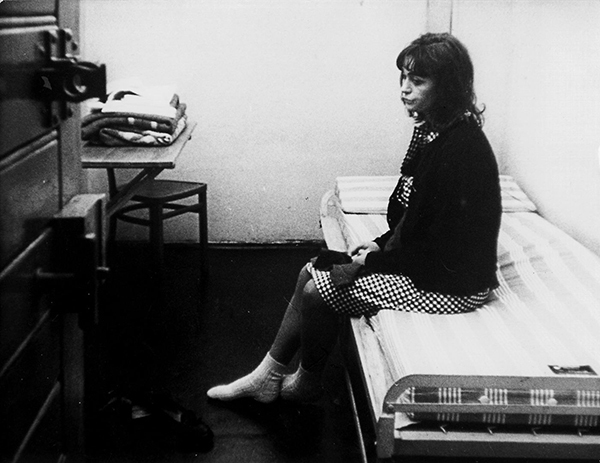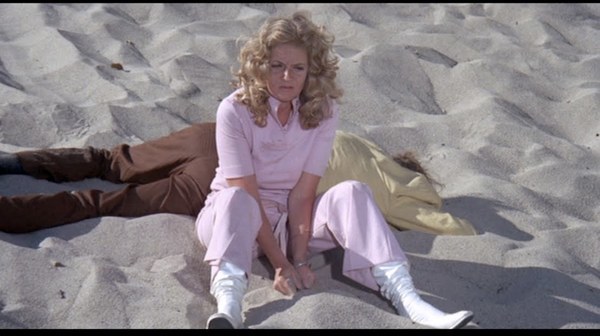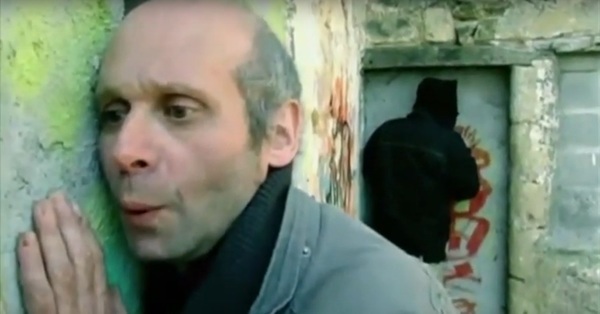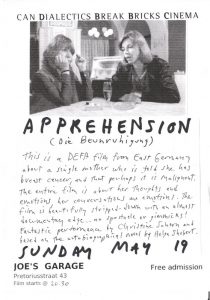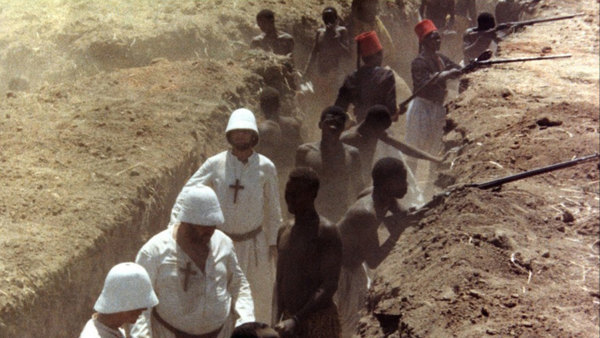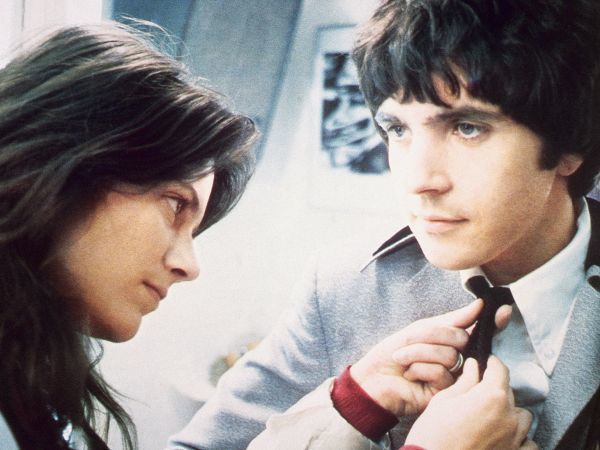 Sunday September 8th 2019, Can Dialectics Break Bricks Cinema: Stardust (Michael Apted, 1974), 111 minutes. In English (no subtitles). Doors open at 20:00, Film starts at 20:30
Sunday September 8th 2019, Can Dialectics Break Bricks Cinema: Stardust (Michael Apted, 1974), 111 minutes. In English (no subtitles). Doors open at 20:00, Film starts at 20:30
British heartthrob David Essex (Rock On) stars in this epic tale about Jim Maclaine, a working-class lad who starts a band called The Stray Cats. This flick covers his rise to stardom and his hard fall into disillusionment… he is a sort of Ziggy Stardust character who climbs to the top and tumbles over the other side. The director Michael Apted would later knock out a Bond film (The World is not Enough), but back in the 70s scepticism of such spectacular movies was still extremely strong, so this is a radically different kind of flick. The cast alone merits it as being a crucial movie about the rock industry – we have Adam Faith (a huge rock star in England during the 60s) Welsh pub rocker Dave Edmunds and the eccentric drummer of The Who – Keith Moon. What this film does best is show how cold-blooded the music industry really is… how it’s just a machine to generate cash. It sells cheap sentiments and infectious rhythms… but it is all a design, a scheme, a facade. Lurking in the narrative are influences of other rock stars who went to ruin… like Marc Bolan, the Beatles, Syd Barrett, Scott Walker. Years afterwards this scenario would be reflected in the lives of Ian Curtis, Nick Drake, Kurt Cobain, Chris Cornell, etc.
Stardust was pretty huge when it came out, but since the 1970s it has bitten the dust and been forgotten. There is a reason for that dissapearance – in between the growing consciousness of the 1960s and 70s, and the present cynicism of today there were several decades that dismissed the critical argument of this film, flung aside everything that had been gained in the 60s, and went full-throttle into the American moneymaking dream. In my view, the entire western world lost three decades going down that wrong path. And of course, part of the American dream is the rock’n’roll dream, which is fortunately finally wearing pretty thin these days. The depiction of the music business as an industry run by heartless technicians, greedy managers and nasty record companies rings pretty true these days as revelations about Harvey Weinstein and Jeffrey Epstein (and ‘Top of the Pops’ Jimmy Savile in the UK) come to the surface. These sleazy types are not the exceptions, they are the rule in high finance and entertainment. This flick stands alongside a few other movies made around the same time – Peter Watkin’s Privilege (1967) and Richard Loncraine’s Slade in Flame (1975) also show the dark side of the pleasure dome. The message of this movie isn’t cynically saying life is worthless, but rather it is a warning: we should choose for life over money. Also starring Larry Hagman.
Thematically at least, this is the most important screening anywhere in Holland this month…
“How much does God mean to you?”
“Somewhere between two and three million dollars, after tax.”
Another forgotten classic…
Film night at Joe’s Garage, cozy cinema! Free entrance. You want to play a movie, let us know: joe [at] lists [dot] squat [dot] net
